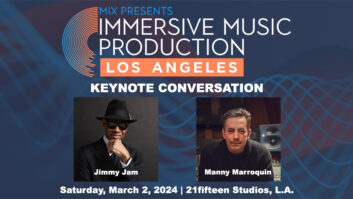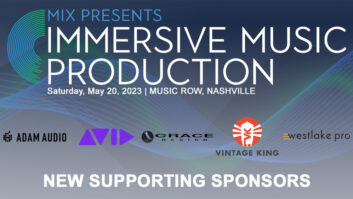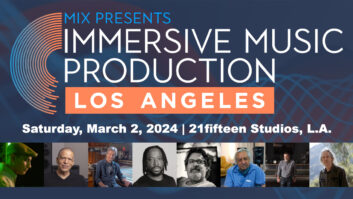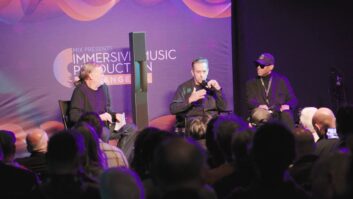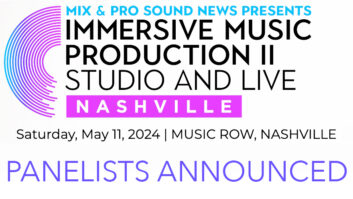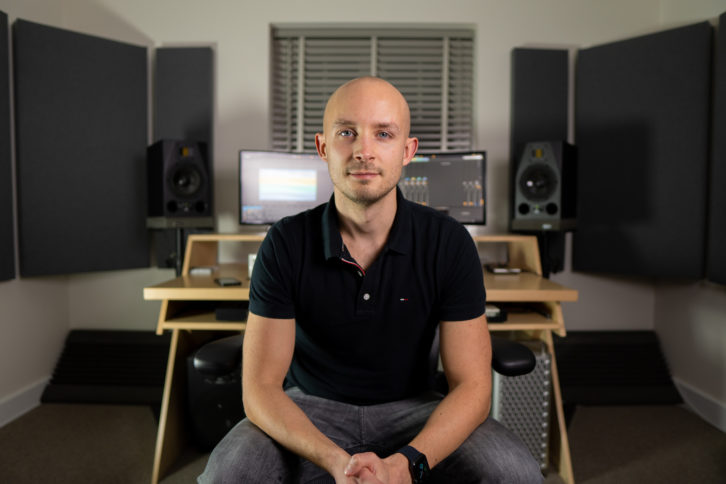
The message comes in at half past nine. It’s a trailer editor looking for music, and she has a reference track. “We love the sound of this. We love the feel of this particular track,” she tells me. “What have you got in this style?”
Authenticity is top of mind when we’re working with composers on requests like these. Are they using the right sounds? Are they producing the music using the same kind of equipment, musical structure, types of melodies or chord progressions that could make it sound like it’s part of the same world?
Being able to check all those boxes is important, but authenticity alone doesn’t make a track effective. What people often overlook in synching music to trailers, promos, commercials or content is that its sole purpose must be to change the emotion of the person who’s listening to it. And if it doesn’t do that, in my opinion, it’s kind of pointless.
A Berkeley study recently found that music was capable of triggering 13 different possible emotions, each with its own impact on listeners and their actions. That makes tapping into the right emotion critical when creating music for screen.
Yet, this can be a difficult thing to put your finger on when giving feedback to a composer because it’s not as simple as being able to say, “Can you just turn the drums up? Can you add a bit more distortion to the guitar?”
It’s harder to say, “Can you turn the feeling up?” But that IS something I find myself wanting to say at times. You can throw all the right ingredients in, mix a track to a high standard and create a piece of music that sounds stylistically quite authentic. But if it doesn’t change your emotion… if it doesn’t pull you in and take you on a journey of some kind, it’s not serving its purpose.
So how do you get there? That answer is going to be different for every artist. But in my work with the diverse array of composers from around the world at ALIBI Music, I’ve come to identify five best practices for producing music with authentic emotion:
No. 1 – Don’t rush it.
I think a real enemy in production music is the mindset of banging out tracks. When I see those words in an email, it’s an instant red flag to me because I know that’s not the approach we want. Composing tracks infused with real emotion is not a mass-production kind of thing!
If I ask somebody to work on a certain style of music and they say, “Yeah, I’ll bang out 10 of those by the end of the week,” I’m already concerned that they’re rushing it, and I have little confidence in the emotional impact of any resulting music. Rather than banging out 10 average tracks, focus on one or two well-written, thought-out and heartfelt tracks, which will be far more useful.
No. 2 – Don’t overcomplicate it.
On the other hand, don’t spend hours and hours and days and days adding things and changing things and replacing things because – quite often – the first idea you had was probably the best one. Sometimes, if you approach music from the mindset of having to get it done on a tight deadline (even if self-imposed), you’ll be forced to just go with your gut instinct, which can be really good for getting to the heart of music.
Music that’s from the heart can grab your attention and take you on a journey. When composers overthink things, they often end up cluttering tracks while simultaneously suffocating them of emotion. Instead, use any extra time producing the music to a high standard, not changing and adding too much from a musical composition point of view.
No. 3 – Listen to other artists in the same genre.
Get into the headspace of those artists, work out what drives them, what their influences are, and try to soak up the feeling. How do you feel when you’re listening to this piece of music? Where does it take you? Try and get into that state of mind before you start writing it, rather than just focusing on what’s happening in the track.
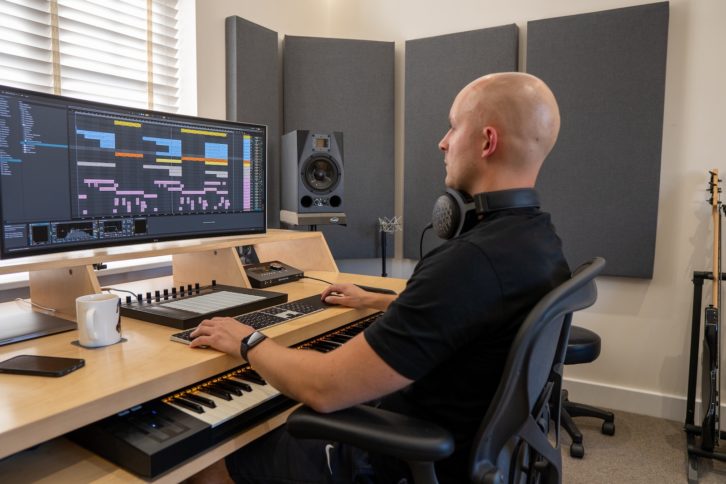
No. 4 – Test the music on other people, ideally non-musicians.
Believe it or not, non-musicians are the best people to test your music on. I can be working on a track that I think sounds amazing, and my wife will walk in and say, “What’s that really high-pitched sound?” Maybe it’s that the cymbals are too loud and I just didn’t notice because I’ve been listening to it for four hours, but when I turn them down, she suddenly says, “Oh, this sounds great now.”
She’s not listening to it in the same way that I am because she’s hearing one thing and I’m hearing 100 things layered on top of each other. Playing music to people who aren’t musicians is really valuable because they tend to look at how the music makes them feel, whereas a musician is often caught up in the production techniques they’re using and all these other things that the listener can’t even hear. The listener just thinks, “Does this make me feel good or not? Does it make me feel tense or not? Does it make me feel excited?”
No. 5 – Make sure you like it yourself!
I have always felt this, whatever style of music I’m writing in, and whether or not it’s a style that I’m even into or have ever worked in before. By the end of the composition process, I have to like it. It’s a simple mindset really, but if I don’t like my own track, how can I expect anyone else to? We’ve all got to feel it.
In the end, you feel it when it’s right. It’s not a single thing that you hear that says, “This is good because it has this and this and this in it.” It is just feeling, and we are humans. We are feeling-based creatures, and that’s kind of what music is about, what it’s for, what drives it.
As I do my job working with artists and composers across numerous genres, my own gut instinct is what I rely on most. “Does this take me somewhere or does it do nothing?”
That’s what our clients rely on us for. The whole purpose of music in any of this is to have a backdrop that tells the audience what to feel and takes them there.
Sam Wale is vice president of production at ALIBI Music, a provider of music and sound effects for license in the film, television, advertising, streaming and video game industries. A credited composer himself, based in London, he manages the ALIBI Music production team, furthering the growth and expansion of the company’s music and sound effects catalog.
